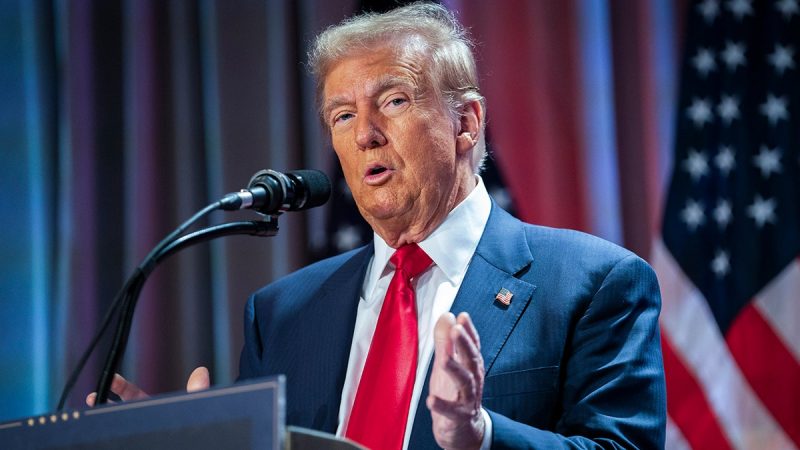In the wake of Donald Trump’s surprising victory in the 2016 U.S. presidential election, conservative factions in Latin America have been emboldened and emboldened by his win. The election result has served as a wake-up call to dictators in the region, with many realizing that there will be consequences for their actions if they continue to disregard the will of the people.
One of the most prominent effects of Trump’s victory has been the strengthening of conservative movements in Latin America. Leaders like Jair Bolsonaro in Brazil and Ivan Duque in Colombia have taken cues from Trump’s playbook, focusing on anti-establishment rhetoric and appealing to disenfranchised voters. They have positioned themselves as disruptors of the status quo, promising to shake up traditional politics and tackle corruption head-on.
In addition to bolstering conservative leaders, Trump’s victory has also challenged authoritarian regimes in the region. Leaders such as Nicolas Maduro in Venezuela and Daniel Ortega in Nicaragua have taken note of the backlash that can come from ignoring democratic principles and trampling on human rights. The message is clear: there will be consequences for those who abuse their power and suppress dissent.
Critics argue that Trump’s brand of populism and nationalism has emboldened autocratic leaders in the region, giving them cover to crack down on opposition and tighten their grip on power. The erosion of democracy in countries like Brazil and Venezuela is seen as a direct result of the normalization of these authoritarian tendencies under the Trump administration.
However, supporters of Trump’s approach see it as a necessary realignment of U.S. foreign policy towards a more assertive stance against dictators and human rights abusers. By taking a hard line on regimes like Maduro’s in Venezuela, the Trump administration has sent a strong signal that the days of turning a blind eye to authoritarianism in Latin America are over.
In conclusion, Trump’s victory in 2016 has had far-reaching implications for the political landscape in Latin America. Conservative leaders have been emboldened, while authoritarian regimes have been put on notice that there will be consequences for their actions. Whether this trend towards greater polarization and unrest will ultimately lead to a more stable and democratic region remains to be seen.
